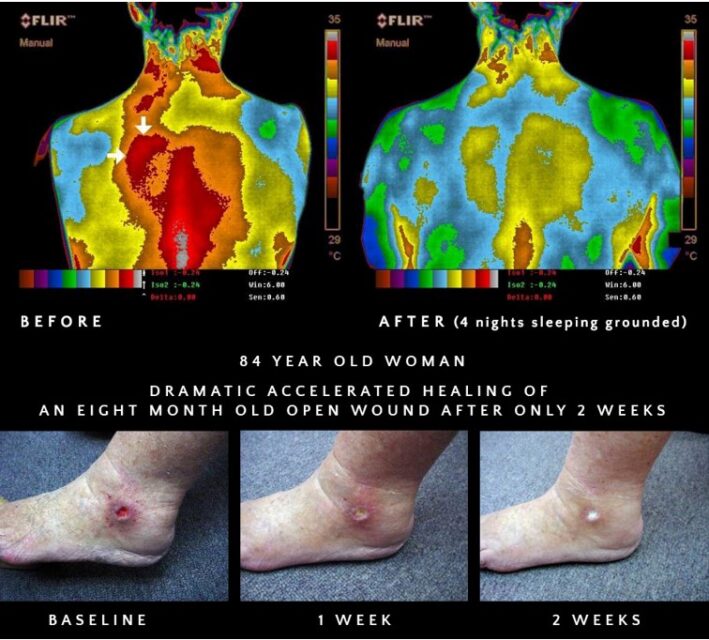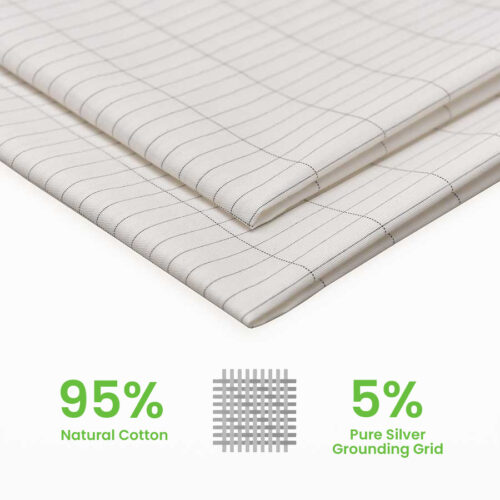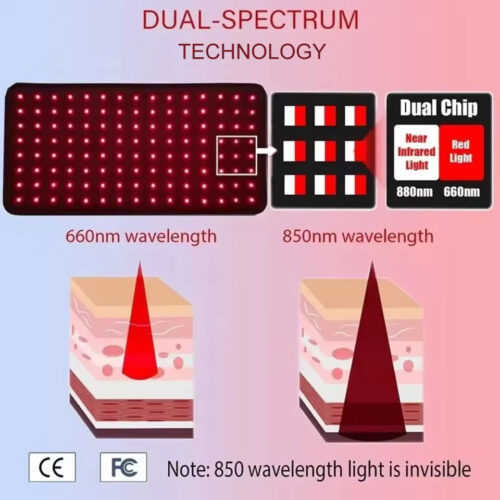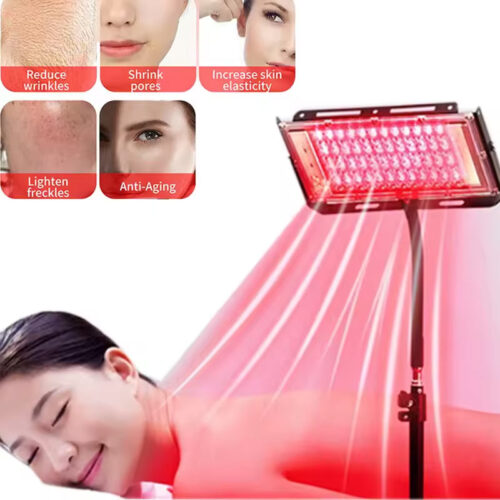Grounding, also known as earthing, has been studied for its potential to reduce inflammation in the body. Several studies have shown promising results regarding the anti-inflammatory effects of grounding.
Grounding and Inflammation Reduction
Research indicates that grounding may help reduce inflammation through several mechanisms:
Electron Transfer
When the human body makes direct contact with the Earth’s surface, it absorbs free electrons. These electrons are believed to act as natural antioxidants, neutralizing positively charged free radicals that can cause inflammation and cellular damage.
Blood Flow and Viscosity
Grounding has been shown to improve blood flow and reduce blood viscosity. A study found that people who were grounded for one hour had significantly less red blood cell clumping, which suggests benefits for cardiovascular health and reduced inflammation.
Inflammatory Markers
One study observed differences in the concentrations of known inflammatory indicators in the blood of grounded individuals compared to those who were not grounded. The molecules linked to inflammation decreased in people who participated in earthing more than those who did not.
Evidence from Research
A 2020 report suggested that grounding could counteract various inflammatory conditions, including cardiovascular, respiratory, neurodegenerative, and autoimmune diseases, as well as type 2 diabetes and cancer.
In a study involving cyclists during the Tour de France, grounding was found to produce rapid healing and minimal signs of inflammation, despite significant superficial wounds.

Practical Applications:
Grounding can be achieved through various methods:
- Walking barefoot on natural surfaces like grass, sand, or soil
- Swimming in natural bodies of water
- Using grounding mats or sheets that connect to the Earth’s electrical field
While more research is needed to fully understand the effects of grounding on inflammation, the existing studies suggest that it may be a simple and potentially effective way to reduce inflammation in the body.
It’s important to note that while grounding shows promise, it should not replace conventional medical treatments. Always consult with a healthcare professional before making significant changes to your health regimen.









